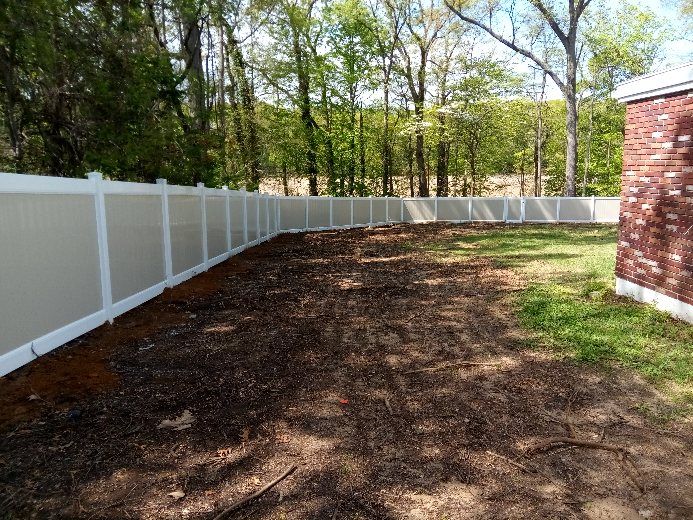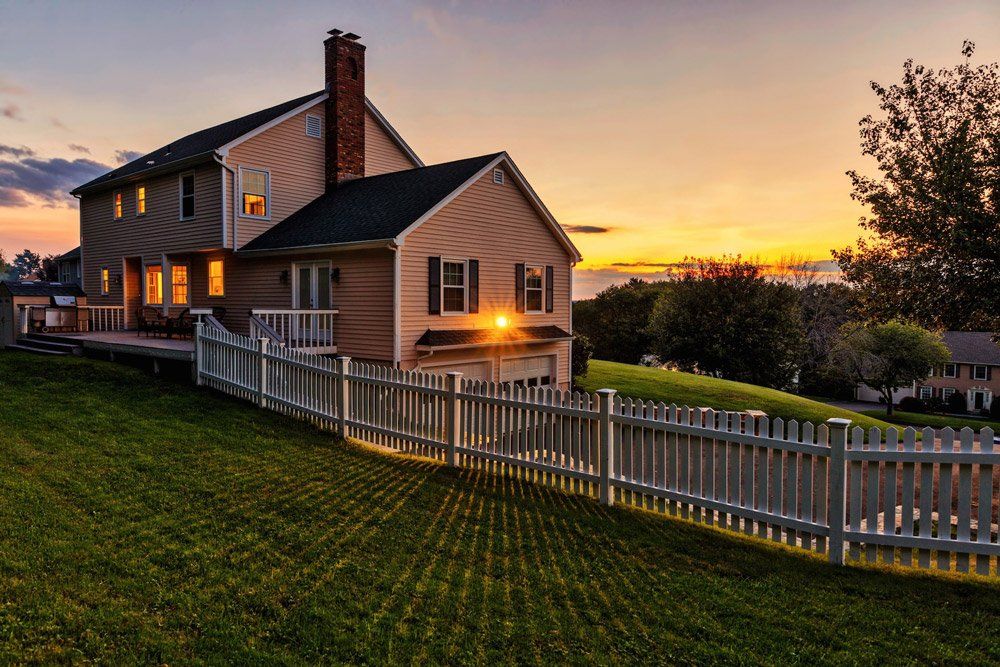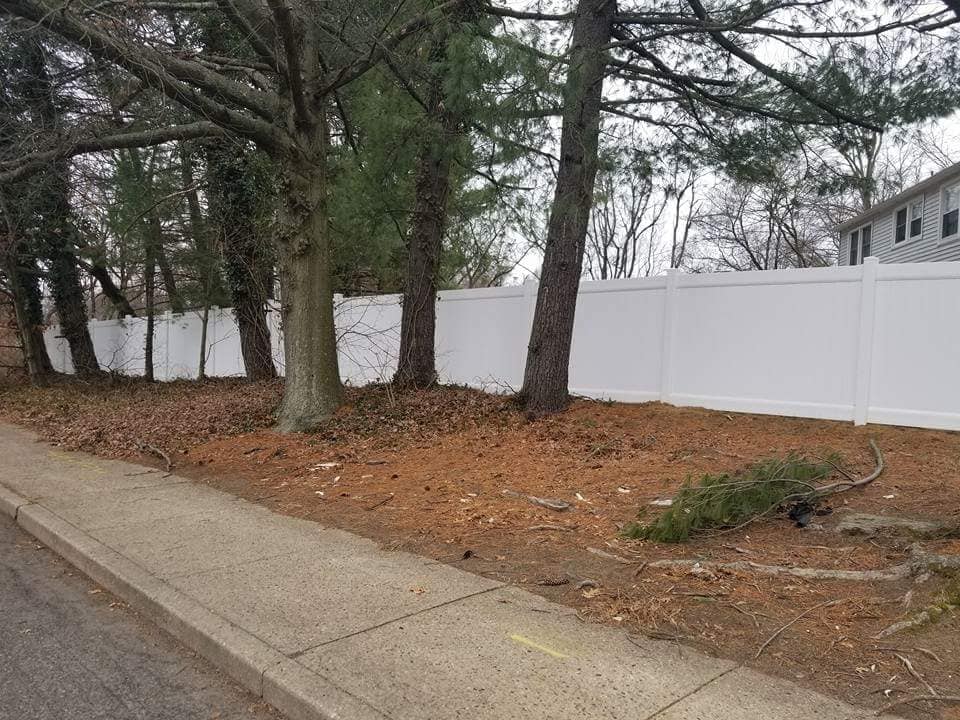Introduction
When it comes to securing a property, whether it's a home or a business, fence installation plays a crucial role. Not only does it provide security, but it also enhances the aesthetic appeal of the property. However, there are significant differences between residential fence installation and commercial fence installation that potential clients need to understand before embarking on their fencing projects. This article aims to dissect these differences comprehensively, providing insights into various aspects such as costs, materials, regulations, and design preferences.
Residential vs. Commercial Fence Installation: Key Differences Explained
Understanding the distinctions between residential fence installation and commercial fence installation is essential for homeowners and business owners alike. While both types serve similar purposes—security, privacy, and aesthetics—their requirements and implementations differ significantly.
1. Purpose of the Fence
Residential Fences
Residential fences primarily focus on privacy and aesthetic appeal. Homeowners typically opt for designs that complement their property's architecture while ensuring seclusion from neighbors.
Commercial Fences
On the other hand, commercial fences prioritize security and functionality. Businesses may require robust barriers to prevent unauthorized access while maintaining safety for employees and customers.

2. Types of Fences Commonly Used
Common Residential Fence Types
- Wood Fences Vinyl Privacy Fences Chain Link Fences Aluminum Fences
Common Commercial Fence Types
- Security Fencing (e.g., barbed wire) Chain Link Fencing Wrought Iron Fences Temporary Fencing for construction sites
3. Materials Selection in Fence Installation
Materials for Residential Installations
The choice of materials for residential fences often leans toward aesthetics:

- Wood: Offers warmth and versatility. Vinyl: Requires less maintenance.
Materials for Commercial Installations
Commercial installations focus more on durability:
- Chain Link: Cost-effective yet reliable. Wrought Iron: Robust and long-lasting.
4. Design Considerations
Designs for Residential Properties
Homeowners usually prefer tailored designs that reflect personal style:
- Decorative elements (e.g., lattice tops).
Designs for Commercial Properties
Businesses often adhere to practical designs focused on function rather than flair:
- Straightforward structures with minimal ornamentation.
5. Installation Process
Residential Fence Installation Process
The process generally involves:
Obtaining necessary permits. Marking boundaries. Setting posts. Installing panels or boards.Commercial Fence Installation Process
This can be more complex due to larger scales:
Site assessment. Advanced planning (security measures). Heavy equipment usage for installation.6. Regulatory Requirements
Residential Regulations
Homeowners must comply with local zoning laws regarding height restrictions and property lines.
Commercial Regulations
Businesses may face stricter guidelines due to safety protocols that ensure vinyl fence installation employee well-being.
7. Cost Analysis of Fence Installation
Cost is always a concern when considering any kind of fence installation:
| Type | Estimated Cost per Linear Foot | |-----------------------------|--------------------------------| | Residential Wood Fence | $15 - $30 | | Residential Vinyl Fence | $25 - $40 | | Commercial Chain Link Fence | $10 - $20 | | Commercial Security Fence | $30 - $50 |
8. Timeframe for Completion
Residential projects often take less time due to smaller scale:
- Average Time: 1 week
Commercial installations can stretch longer due to complexity:
- Average Time: 2 weeks or more
FAQs Regarding Residential vs Commercial Fence Installation
1. What are the main differences between residential and commercial fence installations?
The primary differences lie in purpose, material choices, design preferences, regulatory requirements, cost structures, and installation processes.

2. How much does professional fence installation typically cost?
Costs vary widely based on type, material selection, and labor rates but expect anywhere from $10 to over $50 per linear foot depending on your needs.
3. Are there specific licenses required for commercial fence contractors?
Yes, many states require licensed contractors for commercial projects due to stricter regulations governing safety standards.
4. Can I install a privacy fence myself?
While DIY installations are possible for residential properties, hiring professional fence installers ensures compliance with local regulations and better craftsmanship.
5. What is the best type of fence for privacy in residential settings?
Vinyl privacy fences are often considered the best option due to their durability and low maintenance requirements while effectively blocking outside views.
6. Do I need permits for residential or commercial fence installations?
Most municipalities require permits for both types of installations; however, it’s advisable to check local zoning laws before proceeding with your project.
Conclusion
In conclusion, understanding the key differences between residential vs commercial fence installation is vital whether you're securing your home or business premises. From materials used to design choices and regulatory obligations—each aspect plays a significant role in determining what’s best suited for your needs.
By taking into account all these factors—including costs associated with different types of fences—you can make an informed decision that aligns not only with your preferences but also with legal requirements around you!
So whether you're looking into vinyl fence installation or seeking licensed fence contractors for commercial applications—remember that knowledge is power when it comes down to securing your space!
By exploring these nuances in detail throughout this article titled "Residential vs Commercial Fence Installation: Key Differences Explained," we hope you now feel empowered as you approach your next fencing project!